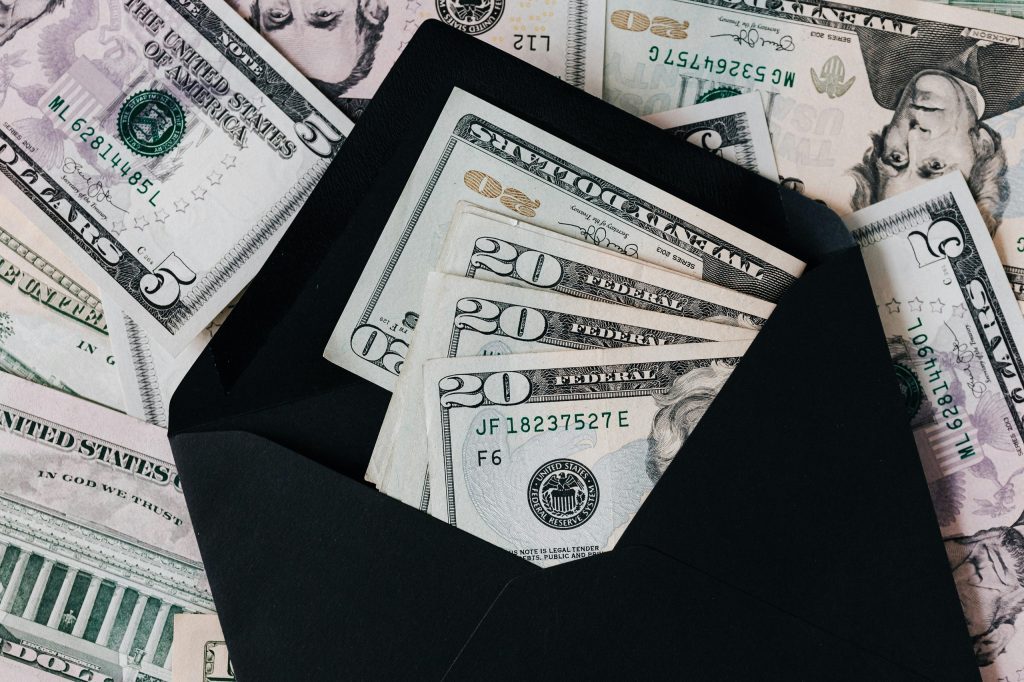Introduction
Buying a home is often seen as a major milestone in one’s life, but it comes with a complex web of financial commitments that extend far beyond the mortgage payment. To truly understand the total cost of homeownership, it’s essential to look beyond the monthly mortgage bill. This blog will guide you through the various components that make up the total cost of owning a home, including mortgages, insurance, property taxes, and other related expenses.
Understanding Mortgages
A mortgage is a loan specifically used to purchase a home, secured by the property itself. When you borrow money to buy a house, you enter into a legally binding agreement to pay back the loan over a specified period, typically 15 to 30 years. The two primary components of a mortgage payment are the principal and the interest.
- Principal: This is the original sum of money borrowed to buy the home. Over time, as you make payments, a portion of your monthly payment goes toward paying down the principal.
- Interest: This is the cost of borrowing money and is calculated as a percentage of the principal. Interest rates can vary significantly based on market conditions and your credit score.
Additionally, many homeowners opt for a fixed-rate mortgage, which keeps the interest rate stable over the life of the loan, or an adjustable-rate mortgage (ARM), which can fluctuate based on market conditions.
Property Taxes: An Ongoing Obligation
Property taxes are a crucial aspect of homeownership and can vary widely depending on the location and value of your property. Local governments impose these taxes to fund essential services such as schools, infrastructure, and public safety. Typically calculated as a percentage of your home’s assessed value, property taxes can increase over time, impacting your overall cost of ownership.
Homebuyers should budget for property taxes as part of their monthly expenses. Many lenders include property taxes in the monthly mortgage payment, placing them in an escrow account until the tax bill is due. This can help manage the financial burden, but homeowners should still be aware of their property tax obligations.
Homeowners Insurance: Protecting Your Investment
Homeowners insurance is another vital component of the total cost of homeownership. This insurance protects your home and belongings against damage or loss from events such as fire, theft, and natural disasters. It typically covers the structure of the home, personal property, liability for injuries, and additional living expenses if you are temporarily displaced.
The cost of homeowners insurance can vary based on factors such as the location of the home, the coverage amount, and the homeowner’s claims history. As a general rule, homeowners can expect to pay around 0.5% to 1% of their home’s value annually for insurance. It’s essential to shop around and compare policies to find the best coverage at a competitive price.
Maintenance and Repairs: Planning for the Unexpected
Homeownership is not just about monthly mortgage payments and insurance; it also involves ongoing maintenance and unexpected repairs. Homes require regular upkeep to remain in good condition, which can include anything from lawn care and routine cleaning to major repairs like roof replacements or plumbing issues.
Experts often suggest budgeting 1% to 2% of your home’s value annually for maintenance and repairs. This proactive approach can help homeowners avoid financial strain when unexpected issues arise. Setting aside a dedicated fund for home repairs can provide peace of mind and financial stability.
Additional Costs to Consider
In addition to the primary expenses discussed, there are several other costs associated with homeownership that homeowners should keep in mind:
- Utilities: Monthly utility bills for water, electricity, gas, and internet can add up quickly. It’s wise to factor these into your budget.
- Homeowners Association (HOA) Fees: If you purchase a property in a community governed by an HOA, you may be required to pay monthly or annual fees to maintain common areas and amenities.
- Closing Costs: When purchasing a home, closing costs can range from 2% to 5% of the home’s purchase price and include fees for appraisals, inspections, and legal services.
Conclusion
Calculating the total cost of homeownership requires a comprehensive understanding of various financial commitments beyond the monthly mortgage payment. By accounting for property taxes, homeowners insurance, maintenance costs, and other related expenses, prospective buyers can make informed decisions that align with their financial goals. Preparing for the full spectrum of homeownership costs can help ensure that your investment remains a source of joy rather than stress, ultimately leading to a rewarding and secure living experience.

